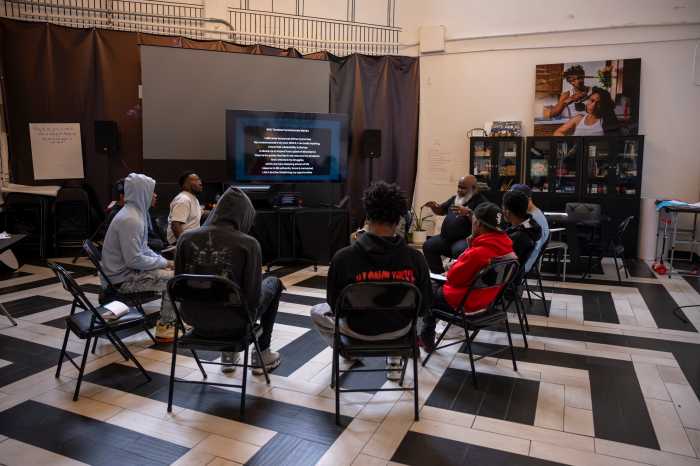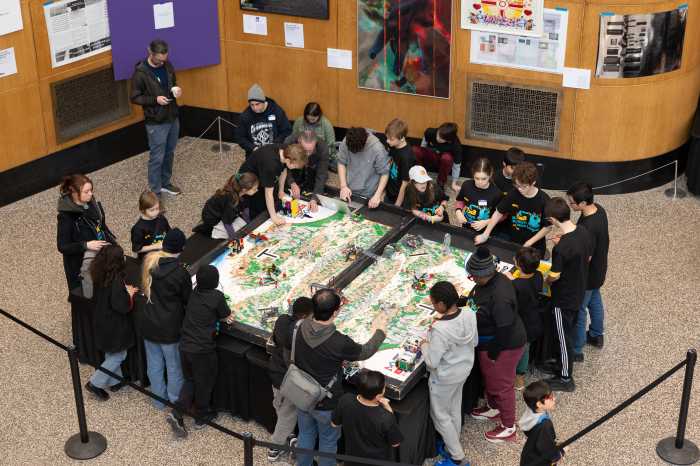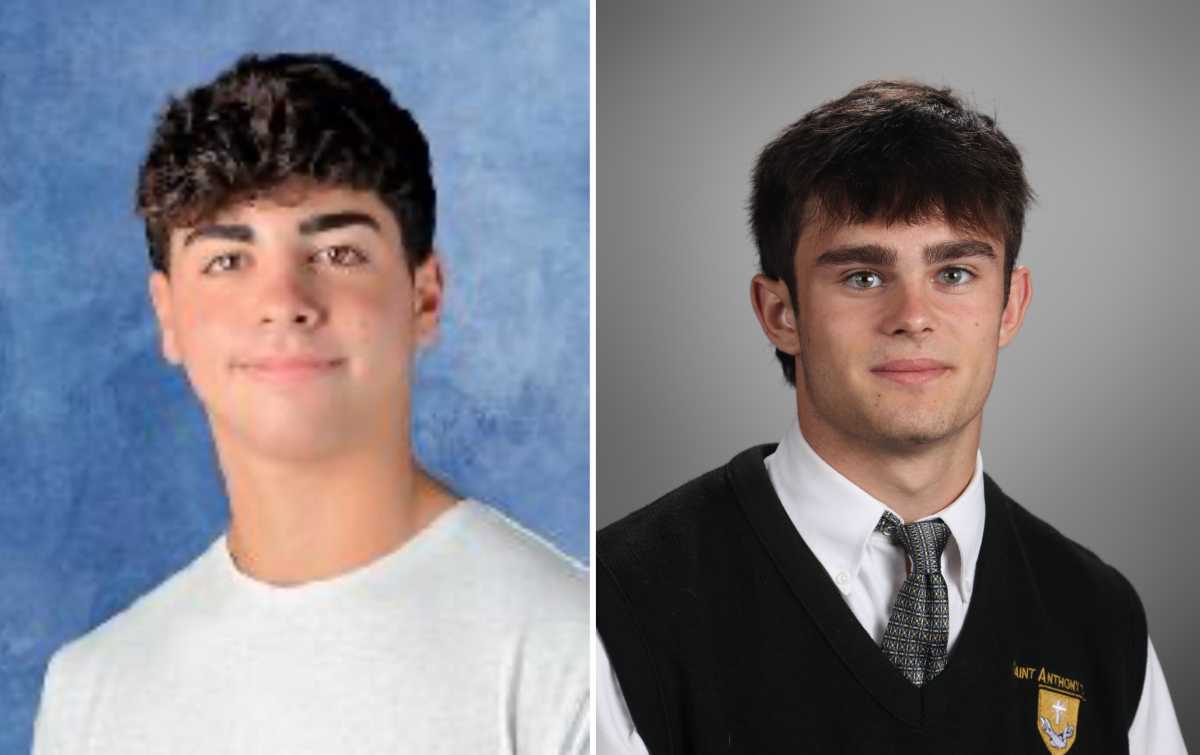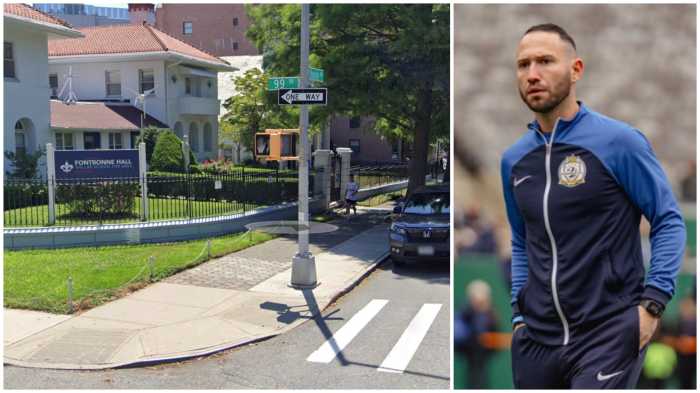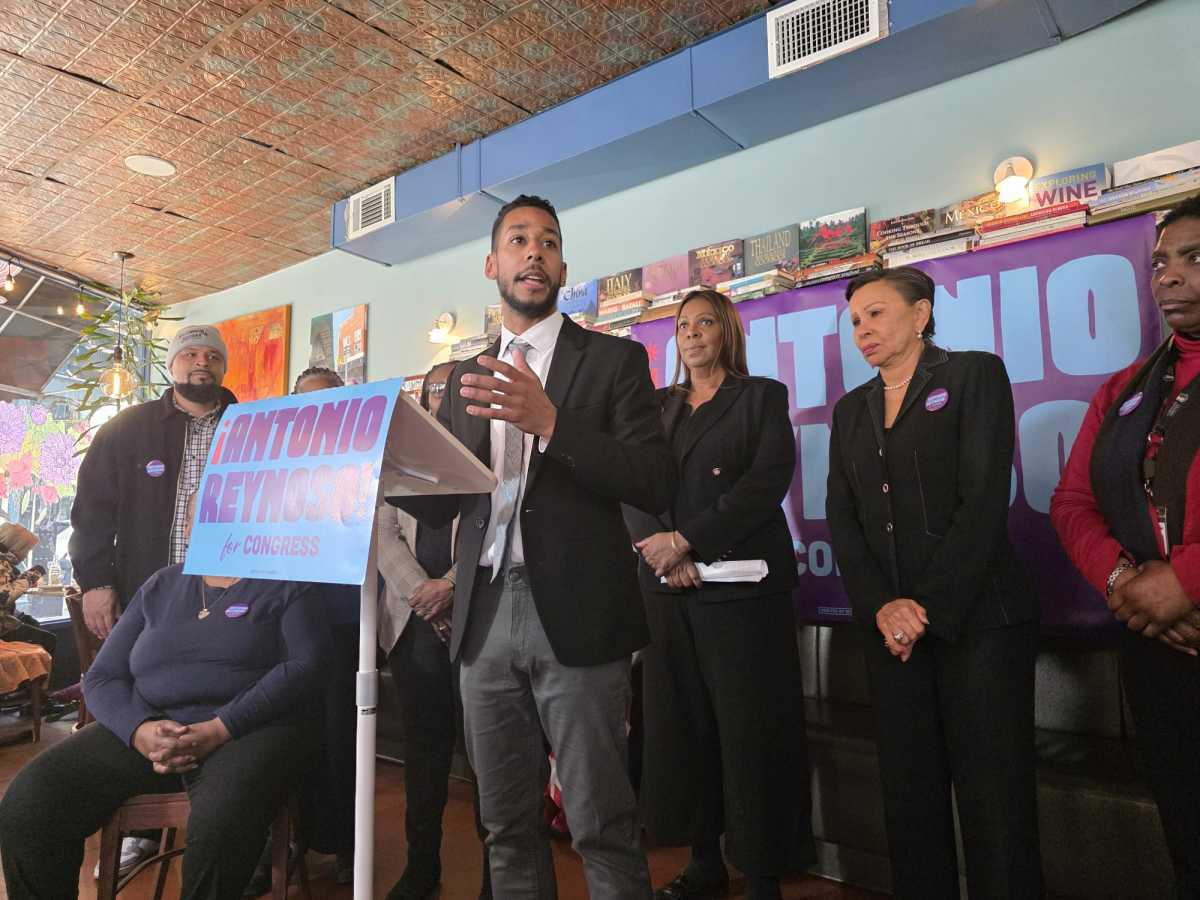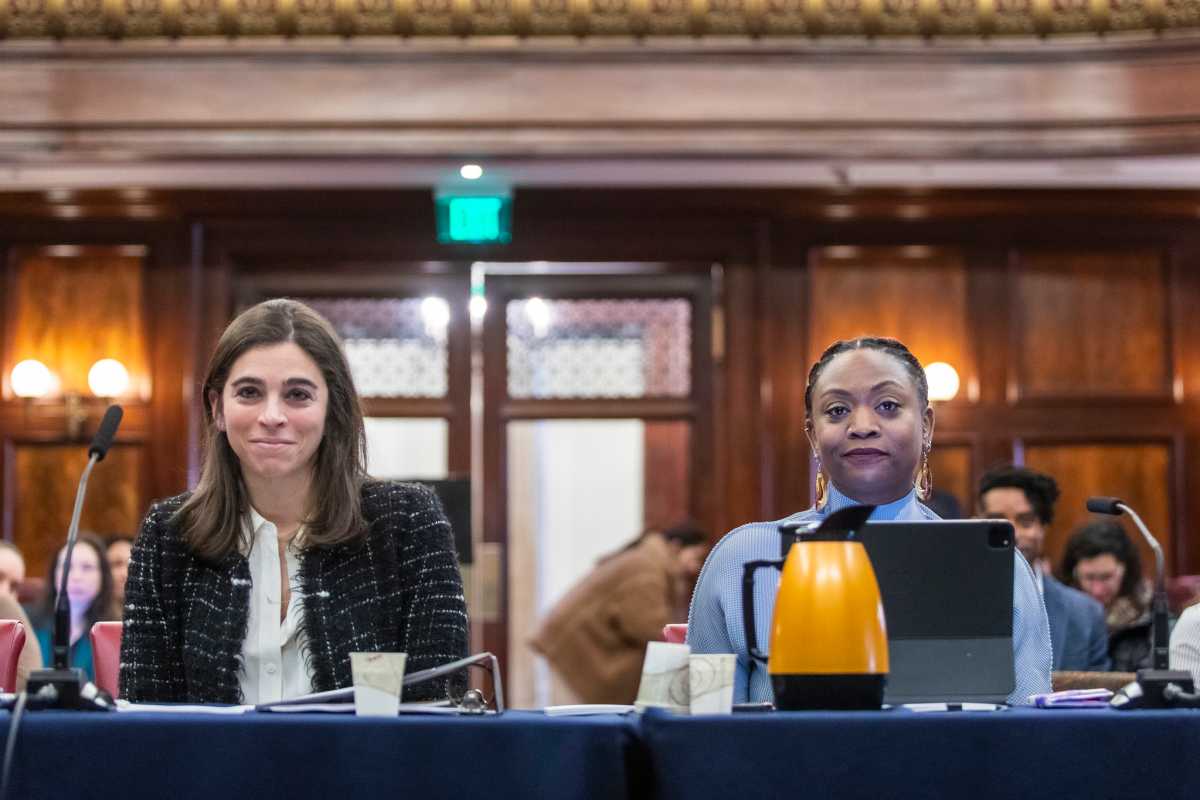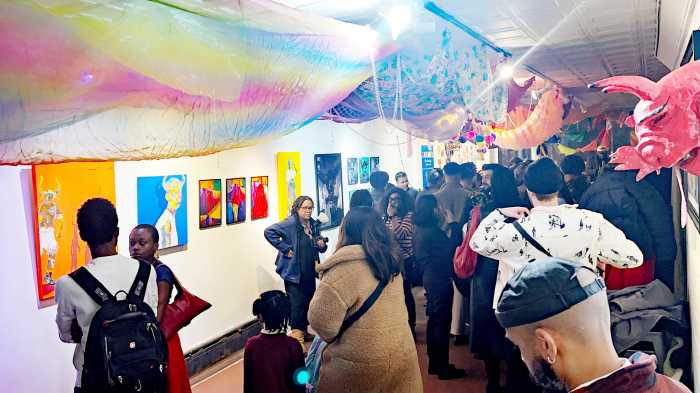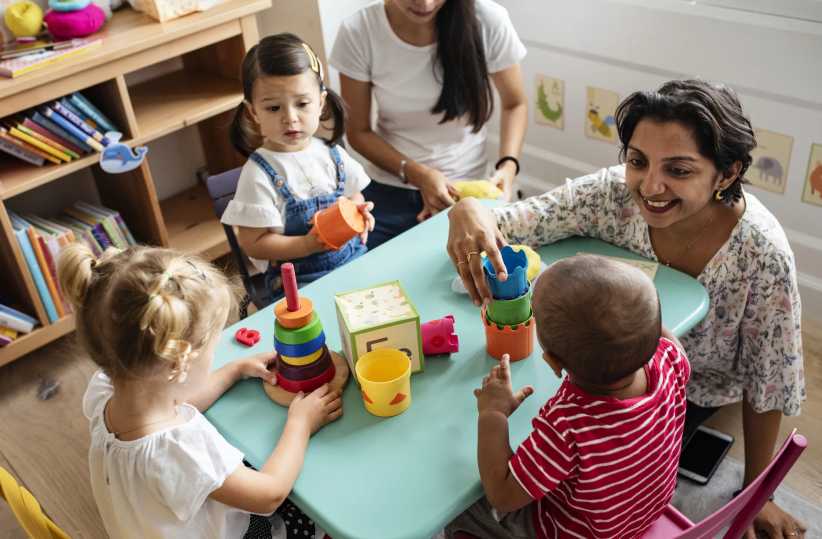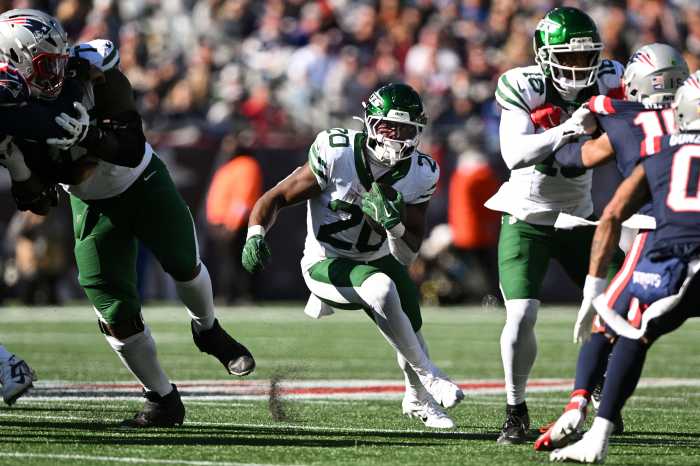I am raising my children in New York City so that they will understand humankind, so that they might walk down the street and see two men kissing, or a woman in a burka, or a girl with an Afro, or people with pierced lips and tattoos, and not have to point and snicker at the differences that might elsewhere separate people. I want them to understand that underneath all the exterior packaging, we’re all essentially the same.
But in my joy over the varied breeds of Brooklyn, the foreign languages spoken, the accepted homosexuality, the many mixed-race kids, I sometimes forget to teach my kids that there is still sensitivities over differences. Much as people might want to stand out with their purple hair or (like me) many necklaces, there is always a part of us — adults and kids alike — that just wants to fit in.
Recently, a somewhat embarrassing (to me) incident at school with one of my kids made me realize that in the interest of pushing the “we’re all the same” agenda, I maybe haven’t done enough to point out the crucial sensitivity required in situations where someone could be singled out for being different.
This lesson of political correctness is difficult to teach and even harder to learn. You never know when a little joke about someone’s nose or hair or manner of speaking can make them feel isolated and alone. It is hard to make sure that your blase comment won’t blast another individual into that little lonely space capsule in their mind that says “no one is just like me.”
Growing up Jewish in Tucson, Arizona, I had plenty of moments when people made little, seemingly innocuous comments that made me feel like I was standing there with horns. My Catholic friend, who went to church every Sunday with hordes of other kids from our school, always rolled her eyes when I got upset over silly ribs like “Are you going to Jew ’em down?” to ask me about bargaining; or when people hammed up the hard “CH” sound in some spellings of “Chanukah,” as if only a Jew could really do it.
She wondered why I had to be so sensitive, and I’d try to explain, but how could I? I wanted to be the same as everyone else, not to have to wait around Sunday mornings for my friends to get home from church as I sat flipping channels through the sermons playing on my cable-less three-channel TV. I wanted an Easter basket and a Christmas tree. I didn’t want to explain why I fasted on Yom Kippur and have people look at me like an alien with three heads.
I still hate that “Who are you?” look. From an adult perspective I can see the merits of standing out and being more unique, but I can still feel quite keenly the issues that it raises.
In hindsight, I should have explained my religion more to my Christian friends, and been proud of my heritage, and had people over for Hanukkah and laughed at their poor pronunciation.
But it was hard to make myself feel a part of things if people always pointed out how I was separate. This is what I have to try to explain. I have to remind my boys about the sensitivities people have and how they have to be cognizant of them. It is a fine line, of course, since in pointing out differences we can often mistakenly create unnecessary divides. I walk that line so often with my many friends, hoping they have a sense of humor when I poke fun at language mistakes, and keeping my own sense of humor when they poke fun at America’s many foibles.
The common denominator, of course, is our humanity, and our great capacity for understanding one another, if we try. And that is what I have to remind my kids and myself: just try to understand what it’s like to be someone else, and how what you say and do might affect them.



